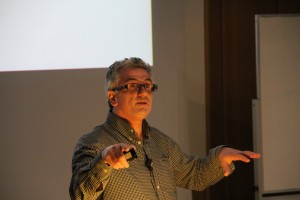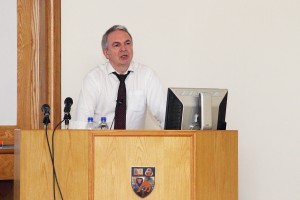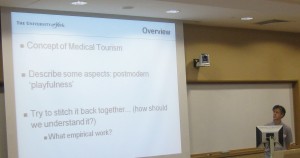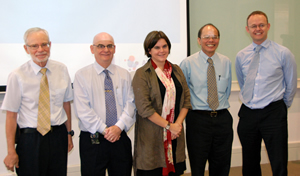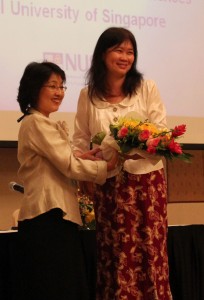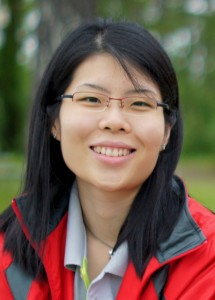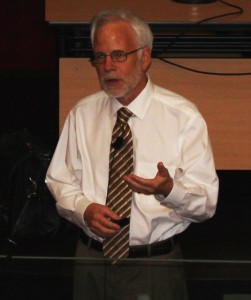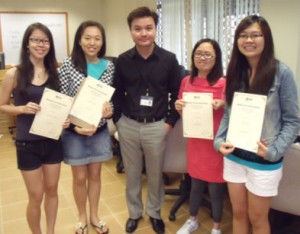
A recent research project entitled Effects of harmonic structure on phonological priming in vocal music accomplished by a team of undergraduate students under the direction of Dr. Stephen Lim, who joined the NUS Department of Psychology as a Lecturer last July, has been officially conferred the prestigious Best Student Research Paper Prize by the Chairpersons of the international European Conference on Cognitive Science (EuroCogSci 2011).
This research seeks to understand how musical harmony disrupts the linguistic aggregations of sung words, and was first pursued as a student project in PL3281 Lab in Cognitive Psychology, a module that Dr. Lim teaches at the NUS Department of Psychology. Here, Dr. Lim shares his delightful sentiments: “Our group of students worked very diligently at this project – they even voluntarily came back to the Department’s teaching lab daily during E-learning week and spent unusually long hours with me at it. I am very heartened to see how my students in several weeks caught on a passionate posture towards, and are as unwavering as I am about, research.”
This work spanned one semester and emerged as the most outstanding piece of student research at the end of the module, receiving the Stephen Lim Commendation. This commendation was originally created by Dr. Lim as part of his pedagogical innovation to encourage good fundamental research in cognitive psychology, and to congratulate the best student project in his class. Subsequently, this work was submitted for review for the EuroCogSci 2011 and eventually earned, among a competitive number of entries, the highest possible ratings from all of its independent international peer-reviewers.
Dr. Lim, the Principal Investigator of this award-winning research, will deliver an oral presentation, along with two other research talks, at the conference which will take place from 21 to 24 May 2011 in Sofia, Bulgaria.
